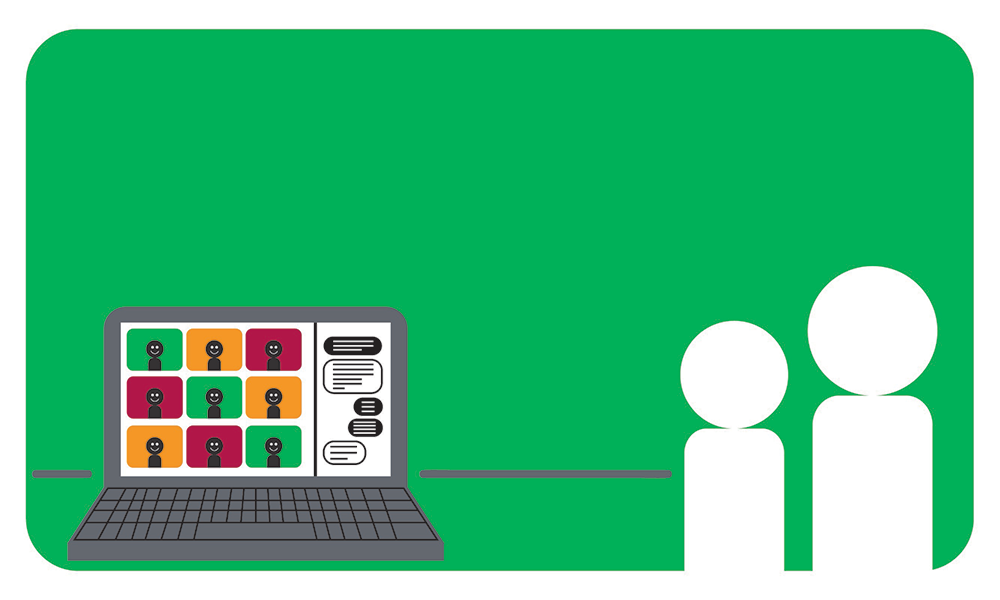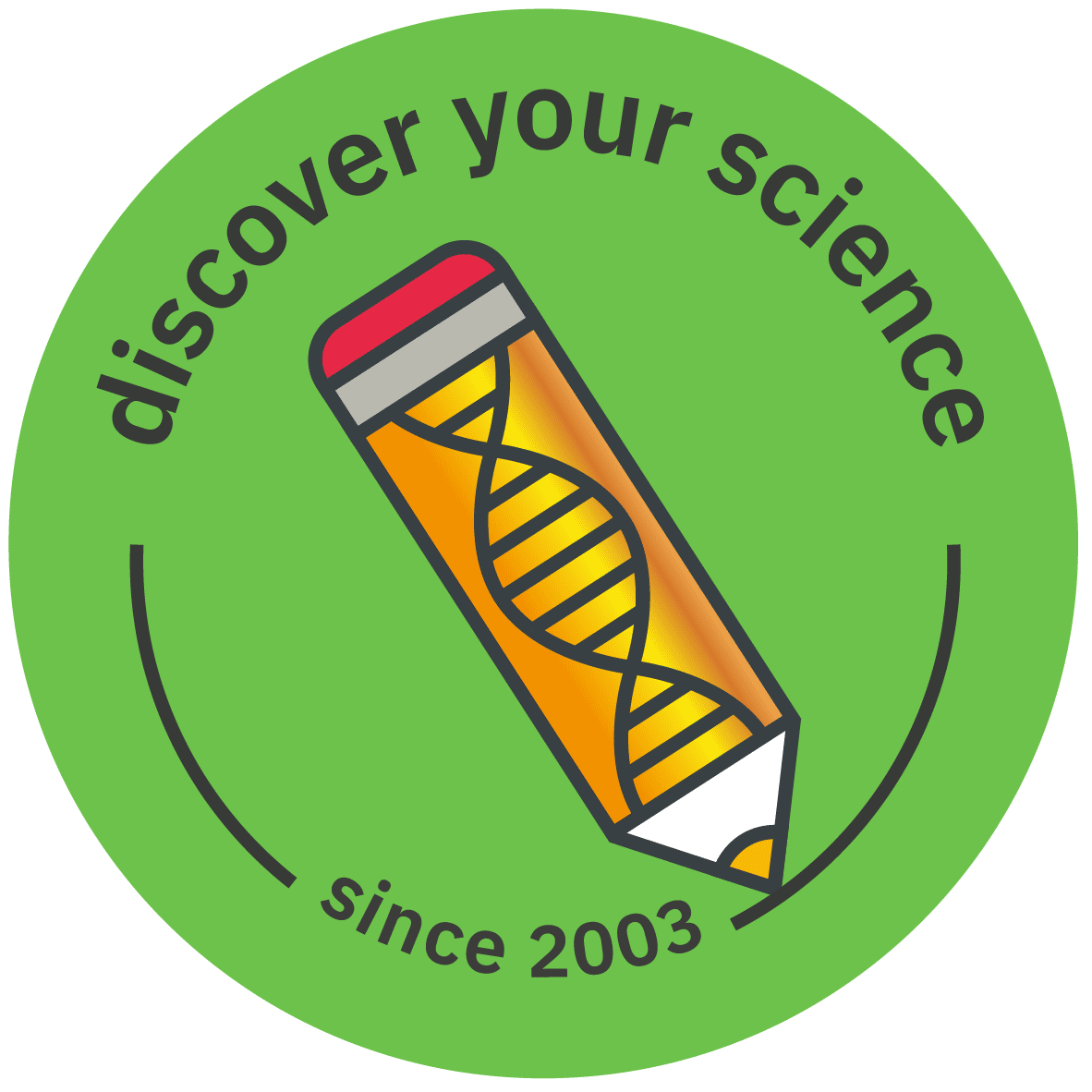Fluorescent recombinants – making sense of molecular cloning
Overview
With the discovery of restriction enzymes in the 1970s began the rise of molecular cloning techniques to create recombinant DNA molecules. Ever since they have become standard laboratory techniques that allow scientists to gain insights into the function of genes and the proteins they encode. If you are a STEM teacher interested in a new educational tool that introduces students to molecular cloning, join the online TeachingBASE workshop “Fluorescent recombinants – making sense of molecular cloning” on Wednesday, 18 May 2022, run by EMBL’s European Learning Laboratory for the Life Sciences (ELLS). The workshop’s working language is English.
ELLS offers workshops on two additional molecular biology resources. For more information, visit the workshops’ respective web pages.
“Copy that! – making sense of PCR” (paper-based) on 6 April 2022, 18:00- 20:00 CET
“Copy that! – making sense of PCR” (computer-based) on 12 May 2022, 18:00- 20:00 CET
About the educational resource
“Fluorescent recombinants – making sense of molecular cloning” is a computer-based, hands-on teaching resource that guides students through the process of designing a DNA cloning experiment to find the subcellular location of a yeast protein. To achieve this goal, students follow step-by-step the process of fusing a gene of interest with another gene encoding the green fluorescent protein (GFP) and verifying successfully generated recombinant clones. By doing so, students become familiar with the concepts of cloning vectors, restriction digestion, ligation, bacterial transformation and screening for clones. In a final step, students evaluate the outcome of the experiment by interpreting the results visualised on sample pictures.
While some of the classroom activities are paper-based, the primary part of the resource focuses on computer-based activities to tackle the tasks. The classroom activities will take 120-150 minutes to complete.
The resource is designed to teach molecular cloning to students aged 16-20 years in the classroom or remotely. Students should be familiar with the basic concepts of DNA. It will also be beneficial if they already know some of the basics of molecular cloning or related topics such as plasmids, enzymatic reactions, restriction digestion or bacterial transformation.
To equip students with the information they need to complete the activities, the resource provides worksheets, fact sheets, a step-by-step tutorial for the software “ApE- A plasmid Editor”, and the files with the DNA sequences of the genes and the vectors.
By using this resource, students will
- follow authentic procedures carried out in scientific laboratories
- design a cloning experiment
- become comfortable using an online tool for plasmid editing
- analyse and discuss the success of the cloning strategy they chose to follow
About the workshop
This workshop is for educators who teach any level of upper secondary school biology and is particularly suitable for those teaching students aged 16 and older. The workshop will take place online via Zoom on Wednesday, 18 May 2022, from 18:00 – 20:00 CET.
We will start this workshop with a short introduction to the “Fluorescent recombinants – making sense of molecular cloning” educational resource. Participants will then get a chance to try out the learning material themselves, working in small teams to explore the resource from the perspectives of students and educators.
By the end of the workshop, participants will
- be familiar with a new resource for teaching biology in secondary school
- feel confident in using the new material in the classroom
- feel competent in using the ApE tool in the classroom
- expand their network of international teachers
Organiser
European Learning Laboratory for the Life Sciences (ELLS)
This training opportunity is organised by EMBL‘s science education department ELLS. The ELLS programmes convey complex, cutting-edge topics in life science research in an exciting and insightful way, fostering the discovery of current research trends, the scientific method, and scientific career paths. We offer continued professional development training for teachers and develop educational resources based on EMBL science. Our programmes for school students and young learners explore the advances in scientific research inside and outside the classroom. Visit our website to learn more about our activities.
Requirements & certificate
Requirements
We recommend a minimum English language level of B2 according to the Common European Framework of Reference for Languages to get the most out of the TeachingBASE workshop. Please consult this self-assessment chart if you are unsure about your language skills.
The TeachingBASE workshop will take place on the Zoom meeting tool. To join the workshop, participants will need to have access to a computer with a stable internet connection, audio connection as well as a camera. Click here for more information on how to install and use Zoom.
Certification
Participants will receive a certificate of attendance upon completion of the TeachingBASE workshop.
Application
Terms and conditions
Please make yourself familiar with the terms and conditions for participating in our workshops and on data protection. Your agreement towards these terms and conditions is required before you can continue with applying for the workshop.
As we anticipate the ELLS TeachingBASE workshop to be very popular, we ask participants to only apply if they are certain that they can attend. In case you find yourself unable to attend after having received our confirmation email, please notify us as soon as possible by email but no later than one week before the start of the workshop.
Please note that cancellations and non-attendance might jeopardise the viability of the workshop for other participants.
Application
Please ensure that you have read all TeachingBASE workshop information on this page before applying and are confident that you are available on the workshop date.
To apply, please fill in the application form. The workshop spots are distributed on a first-come-first-serve basis. Priority will be given to educators who teach secondary school biology. All accepted applicants will be contacted within 7 days of application submission with further information about the workshop. The workshop will only take place if a minimum number of 15 participants have registered.

Date: 18 - 18 May 2022
Time: 18:00 - 20:00 CET
Application deadline: 11 May 2022
Topic area: Methods in molecular biology
Format: Virtual
Location: Online
Fee: Free
Contact: ELLS Team
Organiser: ELLS
Share:
